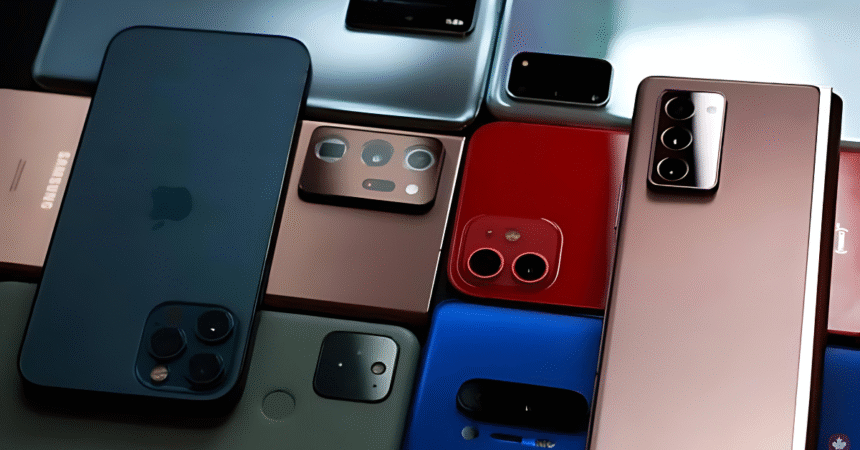These devices can lead to a range of problems, including poor performance, security risks, and even legal issues. To avoid these problems, the PTA has advised users to take several precautions when purchasing a mobile phone.
Firstly, users should only buy from reliable sources, such as authorized dealers or reputable retailers. This can help ensure that the device is genuine and has not been tampered with. Additionally, users should always check the warranty offered by the seller, as a genuine device will typically come with a valid warranty.
Another important step is to purchase box-packed phones, which can help verify the device’s authenticity. Users should also check the PTA stamp on the box, which indicates that the device has been approved by the authority. Furthermore, users should match the IMEI on the box and phone to ensure that they are the same.
To further verify the device’s authenticity, users can check the IMEI through the Dirbs website or by texting the IMEI to 8484. If a user receives a message from the PTA about their device being cloned or duplicated, they should verify their IMEI by dialing *#06# and compare it with the IMEI mentioned in the PTA message.
If users continue to face issues, they are advised to provide evidence of their mobile device’s purchase and FBR tax payment on the PTA CMS. The PTA has also warned against buying expensive devices at very low prices or without a warranty, as these may be cloned or duplicate devices. Customers should be cautious and report any problems to the Federal Investigation Agency (FIA) if they become the target of fraud.
In conclusion, the PTA’s warning highlights the importance of being cautious when purchasing a mobile phone. By following these simple steps, users can ensure that their device is genuine and avoid a range of problems.
#PTAWarning #ClonedDevices #MobilePhoneSafety #IMEIVerification #PTADirbs #PhoneAuthentication #ConsumerProtection #FraudPrevention







